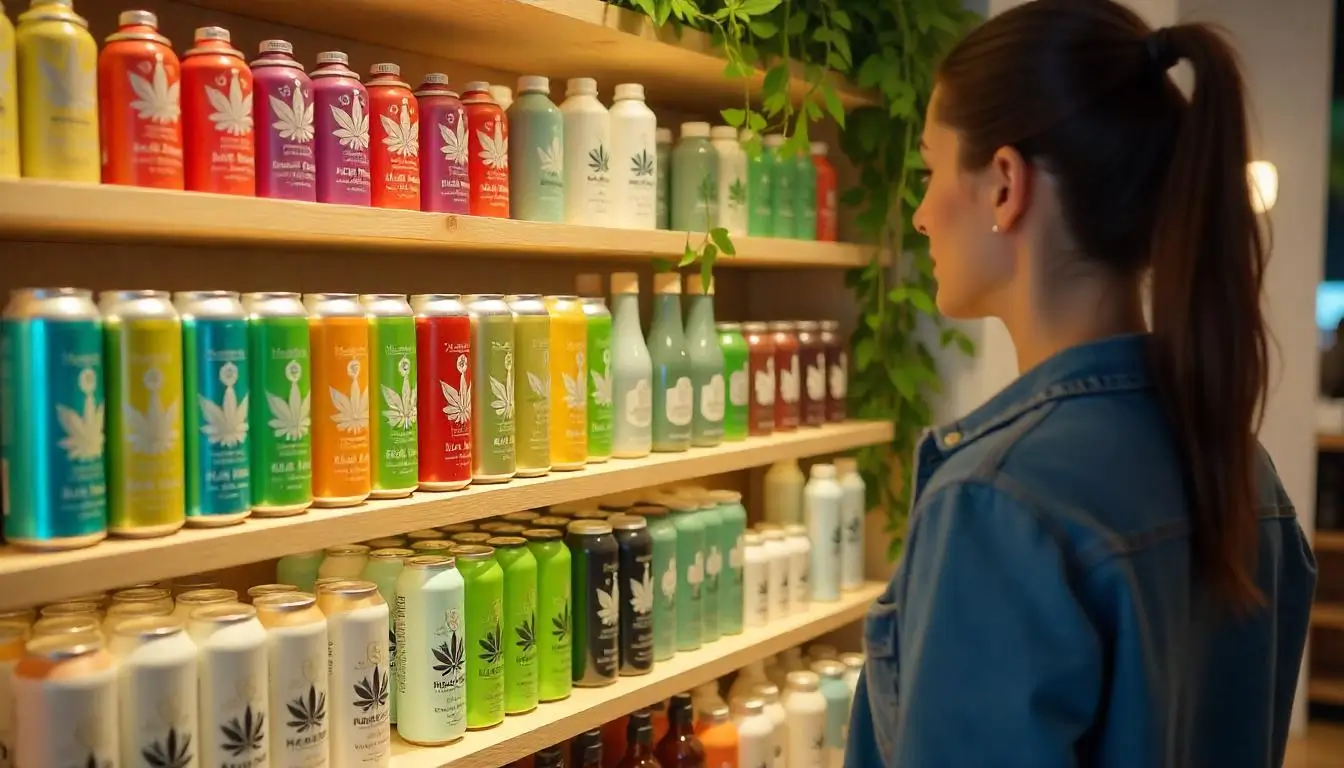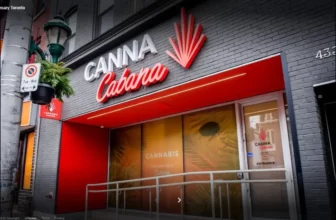The market for hemp-derived THC beverages is surging, capturing the attention of cannabis operators, wellness brands, and even legacy beverage companies. As recreational cannabis laws continue to evolve across the U.S., many businesses are finding new opportunities by offering delta-9 THC drinks made from hemp—allowing them to sidestep the stricter regulations applied to marijuana-based products.
A Changing Beverage Landscape
Delta-9 THC derived from hemp is federally legal under the 2018 Farm Bill, provided the THC content remains within legal limits. This loophole has sparked a wave of innovation in the beverage space. Major cannabis producers and even some non-cannabis companies are entering the space with drinkables that appeal to health-conscious consumers and those looking for alternatives to alcohol.
Industry analysts point to growing demand for low-dose, socially enjoyable cannabis experiences, especially among consumers seeking relaxation without the impairment associated with alcohol or traditional cannabis consumption.
Brands Get Creative to Stand Out
With the market growing more crowded, companies are using varied strategies to capture attention. Alongside beverages, many brands are offering THC-infused gummies, tinctures, and drink enhancers. Convenience, consistency, and flavor are top priorities, but so is safety. As this sector remains lightly regulated, companies are focusing on transparency and quality assurance to build trust with consumers.
Online sales are playing a major role, too. Age verification tools and compliant shipping practices are helping brands extend their reach while staying on the right side of the law.
Distribution and Regulation Still Pose Challenges
Despite its federal legality, selling hemp-derived THC is far from straightforward. Each state has its own interpretation of the law, and the patchwork of regulations can make distribution a logistical headache. For brands to thrive, partnerships with reliable logistics providers and a deep understanding of local rules are essential.
Companies that manage to stay nimble and compliant stand to benefit as consumer demand continues to grow and as policymakers catch up.
From Clicks to Bricks
While e-commerce dominates much of the THC beverage market, some brands are now investing in physical retail spaces. Flagship stores and pop-up events offer ways to introduce products directly to curious consumers, creating brand experiences that can’t be replicated online.
At the same time, strategic partnerships through licensing deals, joint ventures, and franchising are helping businesses scale their operations in states with favorable hemp laws but limited cannabis access.
The Southeast Emerges as a Hotspot
Surprisingly, much of the market’s momentum is coming from the Southeast U.S., where many states lack regulated cannabis programs but allow hemp-derived products. Brands are tapping into a population that wants THC experiences but doesn’t yet have legal access to marijuana.
These consumers often turn to THC beverages for stress relief, pain management, sleep support, or simple wellness benefits, minus the stigma often associated with cannabis use.
Relaxation Without the Hangover
As drinking habits shift nationwide, hemp-derived beverages are becoming the go-to option for a new generation of consumers. Many see these drinks as a way to enjoy the social aspects of alcohol—bonding, unwinding, and celebration—without the side effects.
This cultural shift is helping brands tell new stories about cannabis consumption, built around intentional living, mood enhancement, and sustainability. For many, THC-infused drinks aren’t just a trend; they’re part of a broader lifestyle movement toward mindful relaxation and wellness.





